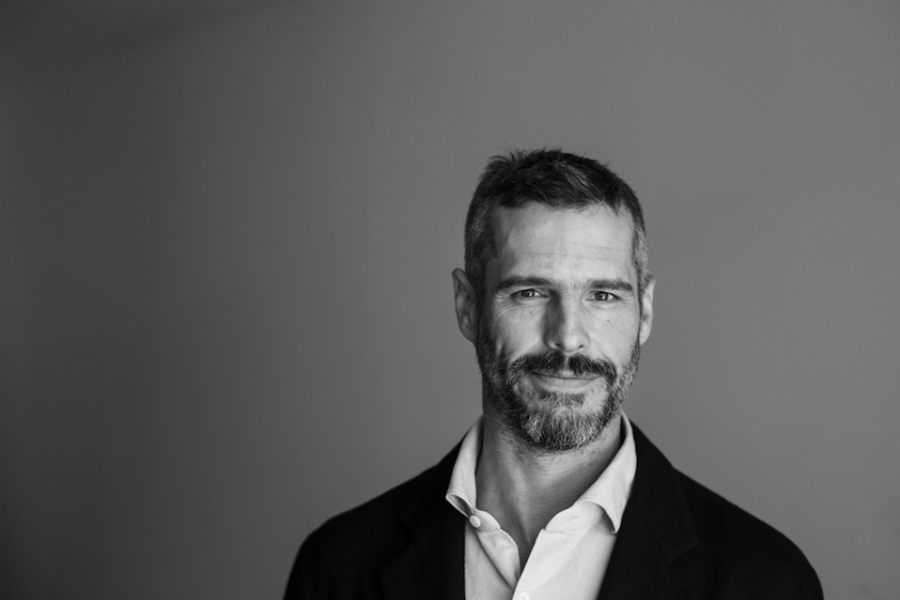Pioneering Palliative Care Doctor Offers Patients Realistic and Dignified End of Life Care

Dr. BJ Miller, a hospice and palliative medicine physician at UCSF Helen Diller Family Comprehensive Cancer Center, was inspired by his own near-death experience becoming a triple-amputee, to change the way we die. BJ has made it his mission to create a respectful and graceful end of life for his patients, an objective that goes beyond the typical care offered by most doctors in his field. He is the former executive director of Zen Hospice Project in San Francisco, a program which helps change the experience of dying and caregiving by creating a space for living that offers the opportunity for individuals, their loved ones and caregivers to find comfort, connection, and healing in a shared human experience.
Q&A
1. You have said you learned from your accident, that your suffering was a “variation on a theme we all deal with–to be human is really hard.” Do you think that accepting suffering as something that is universal could help unite us as a society?
Yes indeed; it’s exactly the source of empathy. Some peoples’ pain is more obvious or dramatic than others, but we all know what it means to suffer, how it feels. And therefore, we should all find it that much easier to be kind to each other. Furthermore, I think that we are generally unrealistic about suffering–both the insistence of it as well as how much good comes from facing it, how much creativity flows from it. Yes, I believe unity awaits.
2. Why do you think the general public is so afraid of death?
Because it’s scary stuff! Facing the abyss. Being no more is hard to fathom, but I think most people when it comes down to it, fear dying more than death. Most people assume dying involves all sorts of misery. The truth is we know a fair amount about the dying process and much can be done to mitigate it. Not always, but most of the time.
3. How can accepting mortality transform our lives and the world at large?
Acknowledging that we die–if not accepting it, which may be too hard for some of us or just not our way–offers us an opportunity to take our lives seriously while we have life to live. Death is what creates preciousness–appreciation, gratitude, silliness, humor, beauty–all sorts of good things.
4. What changes do you hope to see in how our healthcare system approaches end-of-life care?
The healthcare system has become our de facto home for the subject. For one thing, society needs to look beyond the healthcare system–to our churches, community organizations, to one another. But back to healthcare: the system needs to come to terms with its limitations; it needs to reorient around people instead of disease; it needs to revamp clinical education so that clinicians are better prepared to discuss and prepare patients and families for death; it needs to revisit how it incentivizes good care and pays for it; it needs to open the hospice benefit so more patients have access and for longer periods of time; and, it needs to look outside itself–medicine on behalf of the human experience, not narrowly on behalf of science.
5. Are there standard questions in palliative care that you believe are worth asking ourselves at any stage in life?
What’s my reality? And, what do I care about most? And, how do I participate in the care of others?
For more information about the Zen Hospice, go www.zenhospice.org.
READ MORE STORIES THAT MOVE HUMANITY FORWARD
READ MORE STORIES THAT MOVE HUMANITY FORWARD
SIGN UP FOR MARIA’S SUNDAY PAPER

